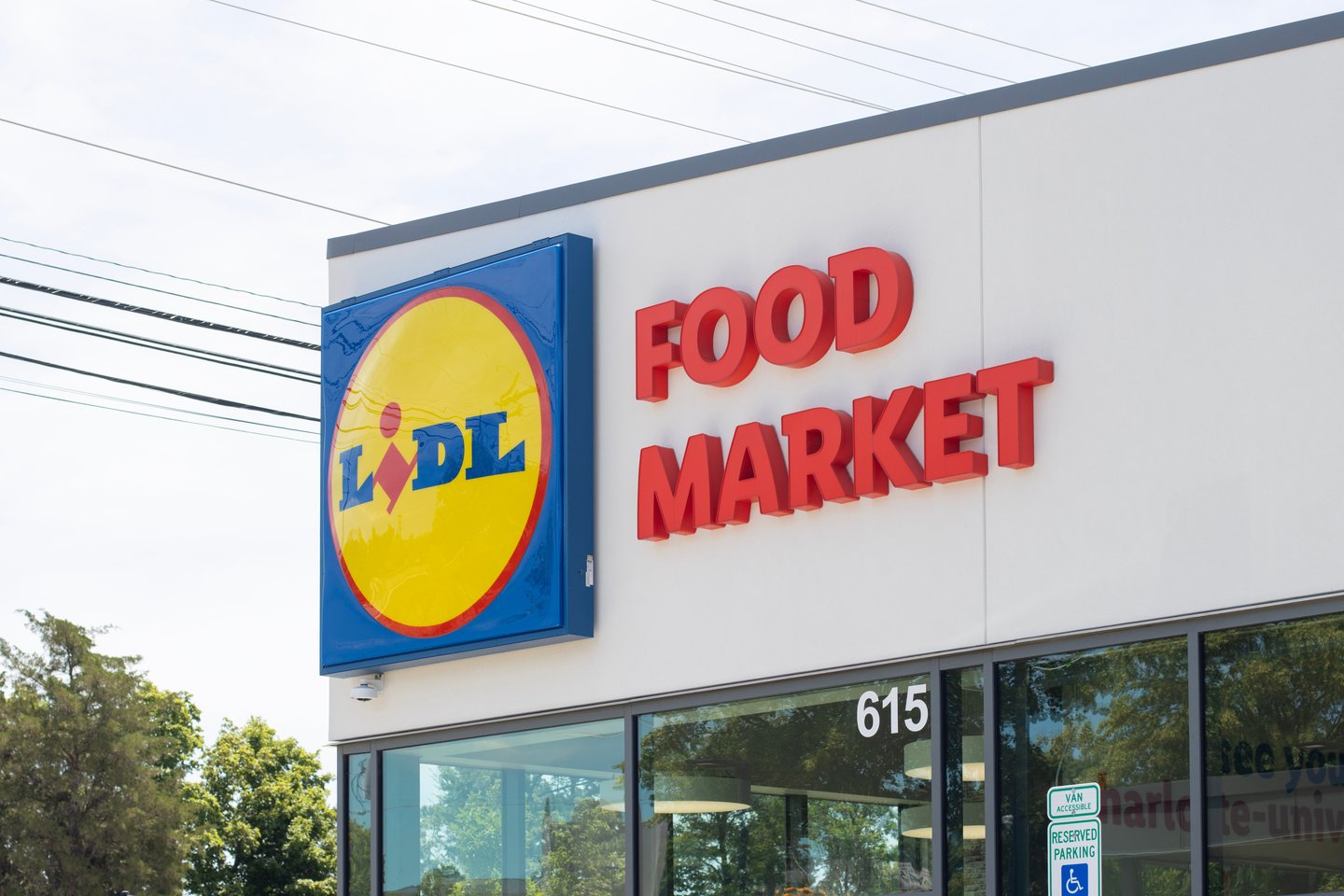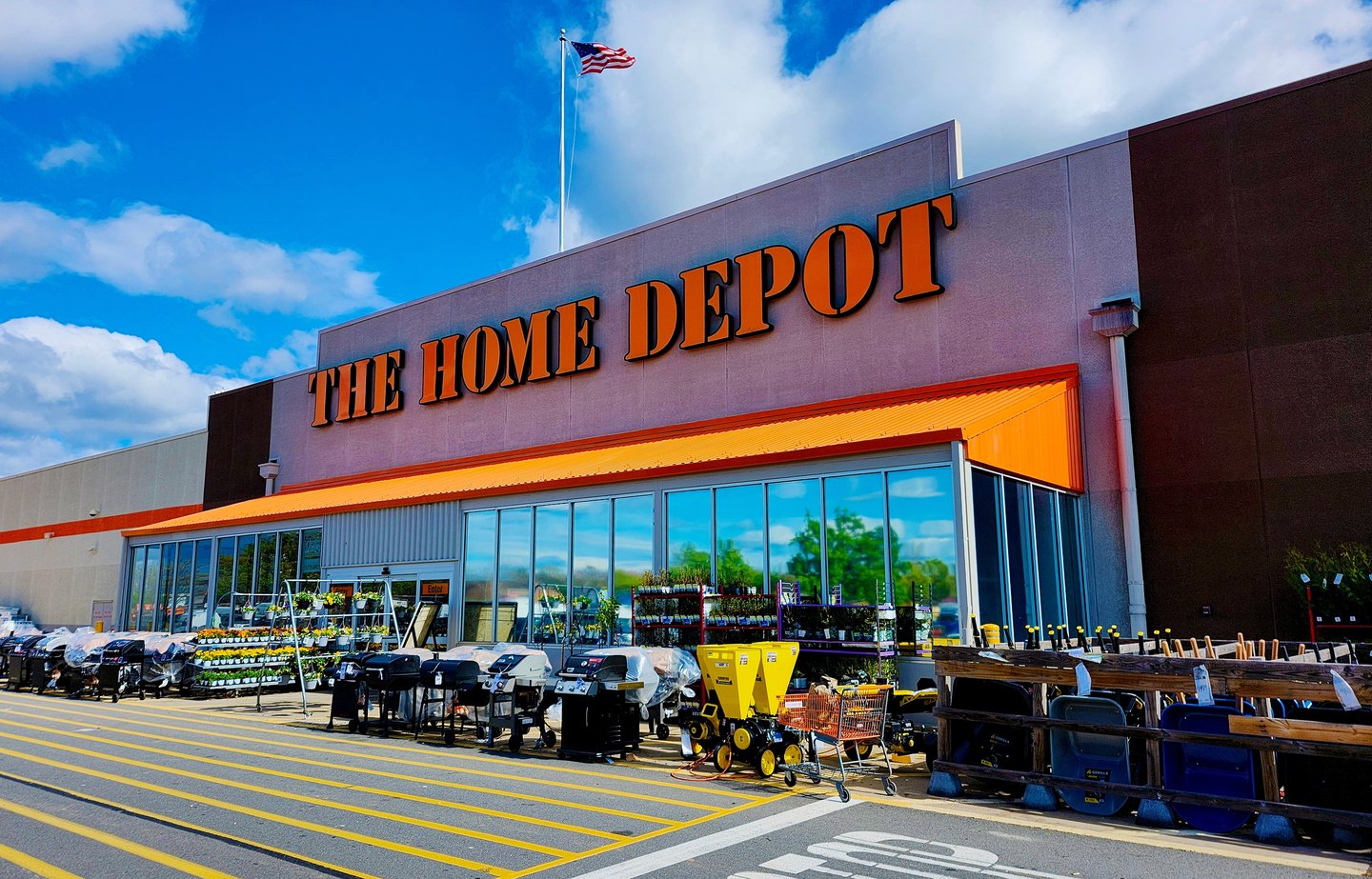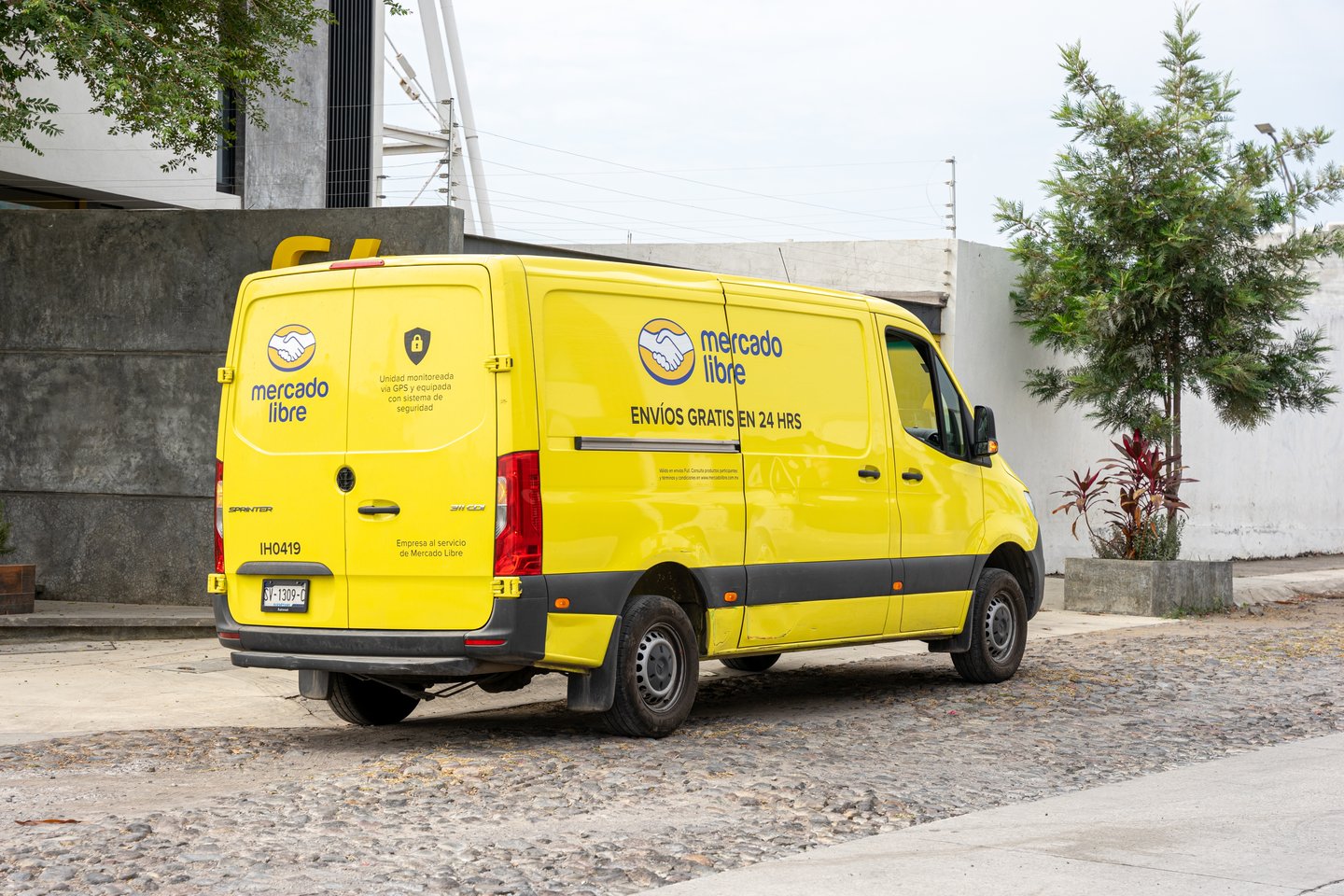Home Depot, Mercado Libre, Schwarz Group: Scaling AI in Retail Media, Inventory Management, & UX/Search
Anyone can say they’re using artificial intelligence in some capacity, but how can consumer goods companies and retailers get from point A to point B and reap the rewards of scaling the technology?
Executives from the Home Depot, Mercado Libre, and Schwarz Media shared ongoing use cases, particularly within Google Gemini implementations, and their predictions for scalability during the “Retailers Moving From Vision to Value With AI” session at NRF’s Big Show.
Areas prime for wide adoption include retail media, inventory management, and UX and search.
Merging the Flywheels of Retail and Media
Robert Jozic, SVP for retail media arm Schwarz Media and group digital strategy at the Schwarz Group, a German multinational retailer that operates stores under the Lidl and Kaufland brands, sees a significant opportunity to merge the retail and media flywheels using AI to more quickly connect advertising data points and better attract consumers.
Jozic touched on the benefits of AI-generated ads and optimizations that get traction quickly and can help retailers and brands set up convincing offers in the media business. Additionally, he said AI has helped retailers predict, with a very high level of confidence, whether a campaign will convert to a certain audience.
“It's a historical moment because the data the retailer could serve to the advertising industry is something that the whole industry has never had in their hands before in terms of measuring true effectiveness,” he said.
Also read: Mondelez, PepsiCo, and General Mills Experiment With Retail Media
Getting a Handle on Inventory and Brand-Specific Shopping Behavior
At Home Depot, said VP, chief architect Paul Anthony, AI has helped address the age-old retail problem of not knowing whether there is product on the shelf. The home improvement retailer has been using image recognition and computer vision to identify where product does not exist and alerting associates so they can make data-based decisions to solve the issue.
Additionally, the company has been able to get more targeted with its computer vision at checkout to use a multimodal approach with images to correctly identify the brands being targeted by consumers.
“Many of the things that we've been testing and playing with this year, we're deploying at scale,” said Anthony. “And that's where I think we're going to see a lot more value back … be it on the website, be it inside the store, our distribution centers — it's starting to take effect.”
Join Us at Analytics Unite
Retailers and consumer goods manufacturers will come together this April 28-30 to talk all things analytics. Learn how AI is helping companies better gather and analyze data for more effective and agile decision-making — and how they are moving from POC purgatory to end-to-end scalability. Hear from executives representing companies such as Dollar General, Five Below, Diageo, The Hershey Company, and more.
Elevating User Experiences With AI
Sebastian Barrios, SVP of technology at Mercado Libre, an Argentine-founded online marketplace, is focused on an approach toward agentic AI — using AI copilots and agents to execute customer service tasks without human supervision (except for instances of high-value tasks or when the decision is not clear).
Within that, his team has been working on catalog cleanup and improved product listings to elevate the search user experience.
“You talk about search — that's another huge one where semantic understanding, and then leading into what we're calling a personalized shopping assistant experience, is delivering a lot of value for our users,” he said.
Expanding efforts is a challenge, however, as an impressive pilot might draw significant results, but not with great enough accuracy (99% or 100%) to achieve scalability.
In order to avoid risks associated with following the shiny object, Barrios said the company has been very diligent about building an internal platform that closely analyzes pilots and asks the necessary questions: “How are we going to protect data? How are we going to make sure customer data is not leaked between sessions or that only the most relevant information is there for the model?”
Barrios predicts that 2025 will be the year of seeing proper value extracted from AI solutions — transformational use cases in areas like customer service and search assistance.
“The honest truth is that the technology is revolutionary, but it hasn't transformed any business dramatically,” he said. “There are marginal improvements, and that's not bad, but if we can increase conversion by 2% here or 3% there, that obviously adds a lot of value to the business.”







